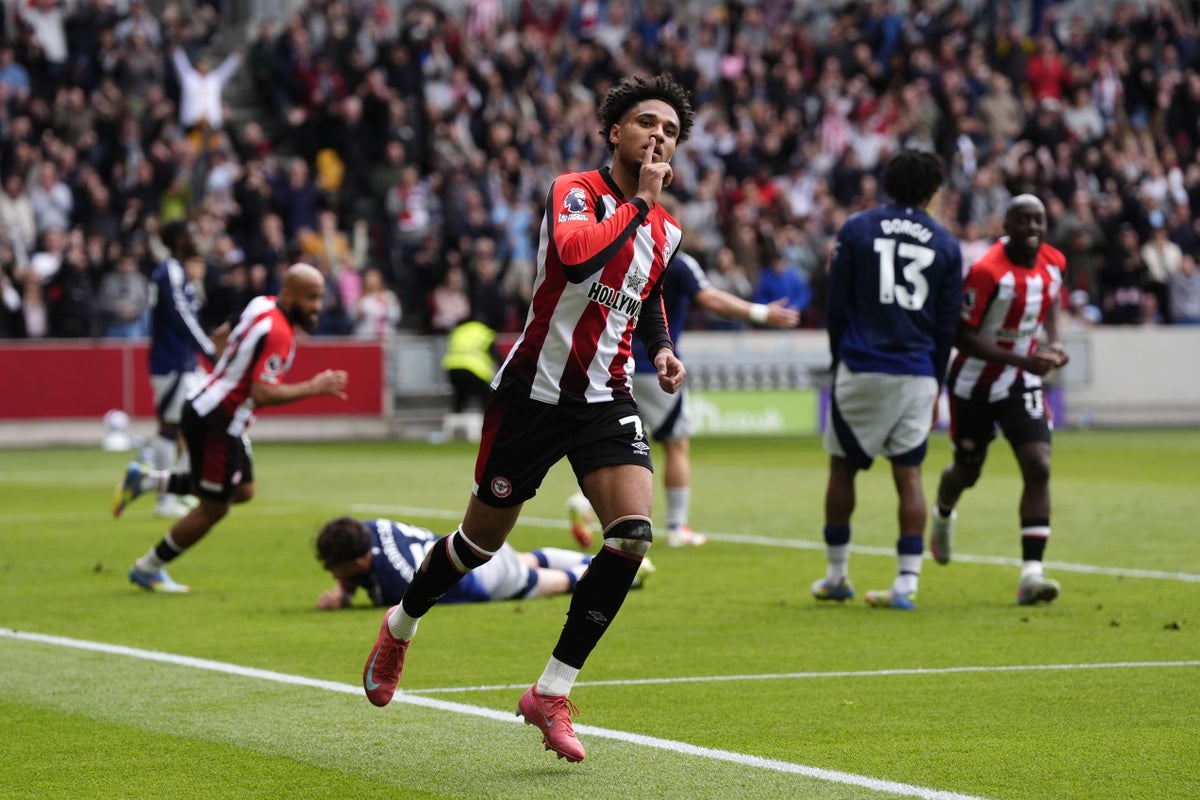Political reporter, Wales News

“Politics doesn’t work for many people” in Wales, according to the chair of a group tasked with improving democracy.
Dr Anwen Elias, from Aberystwyth University is leading a team looking at how more people can get involved with politics at every level.
The group, which has been commissioned by the Welsh government, should report before the next Senedd election in 2026.
Dr Elias said: “The challenges that we are facing in Wales are not unique to Wales.”
It is 26 years ago this week that Wales elected what was then the Welsh Assembly for the first time.
But fewer than half the people of Wales, 46%, turned out to vote.
That slumped to just 38% four years later, and there has never been an Assembly or Senedd election where more than half of those eligible to vote have voted.
Figures for Westminster elections have been higher than for the Senedd but only 56% of people turned out in last year’s general election.
As a result of Prof Laura McAllister and Lord Williams’ report into Wales’ constitutional future, a panel has now been formed to look at what can be done to revive democracy in Wales.
Beyond turnout, the group will also see how people can be encouraged to take part in politics at every level, from the Senedd to town councils.
Dr Elias said “there are a lot of complex reasons” for the recent drop in interest.
“I think there is a perception that politics doesn’t work for many people,” she said.
“They don’t feel that politicians understand them or hear them.
“Life is difficult, cost of living crisis, access to public services, and so there’s a sense that, ‘what does democracy do for us?’
“So I think the challenge is complex, and part of our role is to understand that, but also then to think differently about how we can tackle that challenge.”
 Welsh government
Welsh governmentThe work is overseen by Deputy First Minister Huw Irranca-Davies.
“We are a relatively small but very dynamic nation that can think differently about these things,” he said.
“So there’s the challenge for this group, but the opportunity as well is building that connection back, less polarisation, more meaningful engagement, and frankly, citizens of Wales of all ages of all diversity that feel they have a part to play in influencing everything around themselves and their communities.”
He added: “I think politicians, when elected on the electoral cycle, need to put forward a programme for government, and then get on and deliver it… and then we need to tell people that we’ve done stuff as well, and that is absolutely part of it.”
The group is planning to report back before the Senedd election next May, with the hope it is in time for the political parties to take what it recommends into account.





